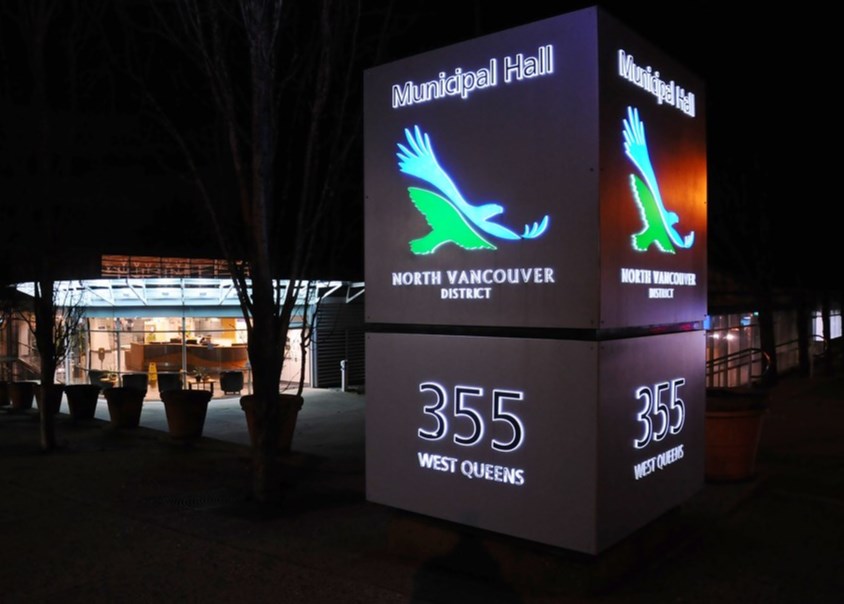District of North Vancouver property owners may be struck by a sense of déjà vu getting their 2021 municipal tax bills.
District council voted unanimously Monday (March 21) for a three-per cent increase in taxes – the same percentage council has approved almost every year since 2004. The formula consists of two per cent to cover inflation in the operating budget and one per cent for renewal or replacement of aging capital assets.
Finance staff from the district estimate the increase will add an extra $72 onto the municipal portion of the average homeowner’s 2022 tax bill, compared to 2021.
The three per cent increase does not include other increases that may be coming in school, TransLink, and Metro Vancouver taxes, which are also collected at the same time.
Some of the major line items in the capital budget over the next five years include $26.6 million for active transportation, $25.8 million for climate change adaptation and mitigation, $65.8 million for fire department facilities, $63.7 million for parks and culture improvements, and $74.4 million for social and supportive housing (taking into account foregone revenue if some district properties are developed with affordable housing instead of sold).
The financial plan had buy-in from all members of council.
“I think that it does accurately reflect the priorities of this council. I do also think that it presents a very fiscally cautious picture of things to come for the community,” said Mayor Mike Little.
Little did warn, however, that council would almost certainly have to make amendments to the budget as the year goes on as staff anticipate more sticker shock.
“The types of services that we buy are being heavily affected by the recent inflationary pressures,” he added.
After determining the budget for 2022, council must still debate and vote on how to apportion the tax burden over its various tax classes (residential, commercial, industrial, etc.).



